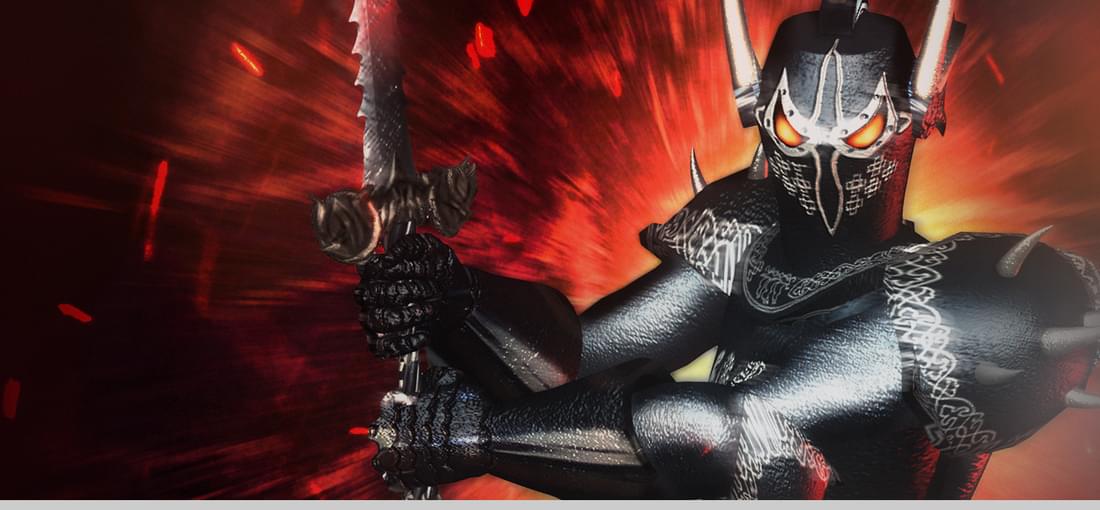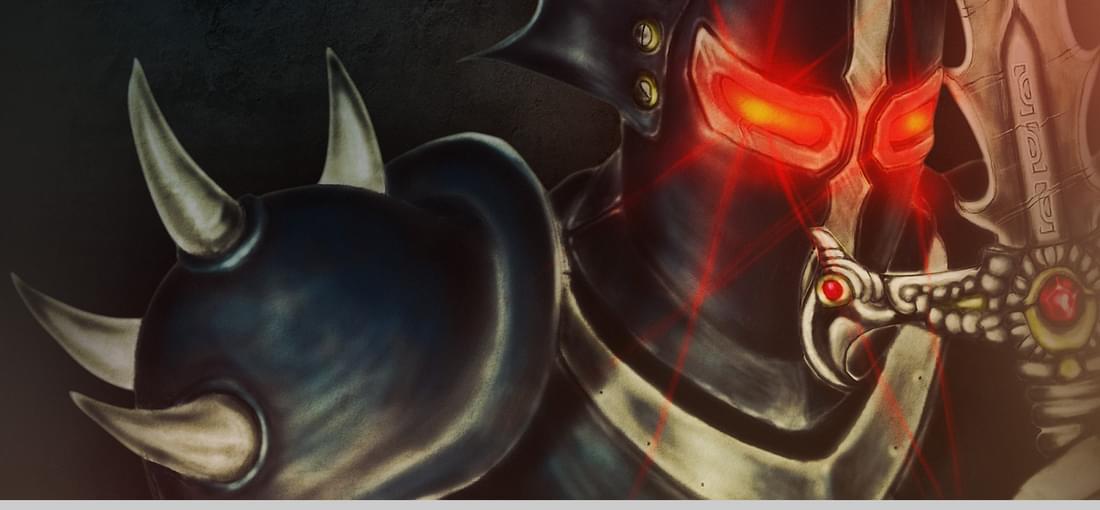


The Good: The game offered very open ended game play and side quests that felt useful. The Bad: The ending felt unfulfilling, the skill system was disappointing, and the inventory system was irritating. The details: The game begins with an opening dungeon crawl that serves as an extended tutorial, but after that the whole world is essentially opened up to you. Only a handful of locations are sealed up until the completion of plot elements and these don’t detract from an opened ended world. Exploring will set you up with a lot of side quests to help level characters and for the most part feel like actual things a hero would do (rescue a lost boy’s parents, help a little girl track down her cat, and beat up all sorts of ruffians). A few side quests also come with certain mysteries and unintended side-effects to both your character and the world around it; these add a good role-playing feel as to how you decide to carry out your heroic action. The skill system allows any class to put into any skill tree, characters can also buy (or find) spell books to increase their skill levels. Skill books (and the occasional quest reward) mostly improved spells rather than personal skills. And while there were ways to improve combat, there were no active fighting skills making combat rather boring. The skills themselves give players many options both offensive and defensively, but most don’t live up to the hype leaving only a few good skills worthwhile. The inventory was obnoxious with items free floating in the inventory rather than in an organized grid. To add extra trouble the merchant windows rearrange everything to a single column of items disrupting any organization used. In addition the game doesn’t give a clear way to store items, although that can be remedied by simply storing your items in a barrel, crate, or chest just about anywhere. Divine Divinity uses magic pyramids rather than town portal scrolls, the pyramids can be used to teleport to each other allowing for players to pick and change the location of return. This feature is annoying at first, especially since picking up the pyramids requires dragging it into the inventory menu rather than picking them up by clicking on them. After some time the pyramids become a friend and a useful way to get around. However, after you trigger a certain plot event an annoying imp comes and steals them until the end of that plot line. The main plot line was nothing special, but was compelling enough to find out what happens at least until the climax. After being blessed to turn into the Divine One, however, the game leaves its open ended game play and turns to a strict linear game leading toward the end. This final act was easy to beat and made it feel like a waste having become the Divine One. The monotony concludes with a mazelike dungeon where in classic fashion you are forced to reface the various evil lieutenants before finally facing the lead villain. Even the final confrontation was a bore. The final chapter of the game was a poor ending that failed to capitalize on the best features built up during the majority of the plot. Summary: Divine Divinity is a rather unique play through with an open world to explore, but lacks the anything to make it a true success. Some of the features were interesting, while others were frustrating. The ending was a tremendous let down and leaves a bad taste spoiling an otherwise good game.

The Good: The concept of the game is awesome and included two elements that I wanted to see in RPGs. First having two characters to build together in a RPG with the ability to control either at any time and second a highly customizable skill system including the ability to create spells with different damage types. The Bad: The defining experience of this game was menu disaster. There were also plenty of bugs, a non-plot battleground system that was obtrusive, a terrible inventory system, and some other annoyances. The details: So when I got the game I was excited to play the follow up to Divine Divinity, I was hoping to see the unique advantages of DD become more refined and combined with the two characters. Instead Beyond Divinity kept the worst aspects of its predecessor and felt unnecessarily complicated on top of that. The games primary downfall is menus. Leading off, potions have to be accessed through a menu the menus themselves aren’t all confusing, but force you to pause the game, which greatly detracts from the feel of a hack-n-slash RPG.. Skills are one of the few things that can be altered via hotkeys, but I found I rarely wanted to change skills negating the advantage. The skill system was unique allowing players to put points into the creation of skills – for example creating a ranged magic attack that does fire damage with two points and water damage with three points that would do more water than fire damage. The skill menus were another place, where menus felt unusually cumbersome. The worst menus, however, were the inventory. In addition to having both characters with separate inventories, each character’s inventory was divided into a number of categories (weapons, armor, potions, special, etc.) an unfortunate carry over from Divine Divinity. Those features aren’t so bad and I adjusted after a couple hours playing. The merchant inventories were a bigger problem that never improved. To both buy and sell, you must scroll through inventories no longer sorted by type nor by character, so if you plan ahead for who has what items your time becomes wasted once you go to sell anything. The game’s regular plot was bland, a holy paladin and a demonic deathknight are forced to seek out a witch to break the curse that binds them together while battling the forces of an even bigger demon. The plot was enough to move the game forward, except for the additional battlegrounds. As an extra feature, players can find battleground keys teleporting them to a “random” generated where there are extra “quests”. Completely unconnected to the rest of the plot, the battlegrounds are a simple yet annoying dungeon crawl that help advance your experience. Ultimately the battlegrounds feel more like an interruption to the regular game with pointless quests rather than a reward for finding the battleground key. And while optional, at the start of the game the first few battlegrounds feel necessary to gain experience. Beyond Divinity also suffers from a few basic system flaws. The first is the deathknight equipment, while the paladin character can equip any item, the deathknight can’t equip certain item types such as body armor, leg armor, etc. This is compensated by the deathknight gaining armor with his level, but this means if you find really good armor with a high strength requirement and built a weak paladin the armor becomes useless. This tends to be mostly annoying, but really detracted from the defining characteristic of having two playable characters. The skill system as previously described allowed for great customization of skills and from the beginning had me excited. This system is potentially really useful; however, the skills became insanely mana expensive the more they are customized. Another problem with the skill system is that I found the best method was having simple skills and not utilizing the greater possibilities thus it felt un-developed. The neutral critters were another annoyance, because if you damage one (of a species) all of them then become hostile. This meant I would accidently kill a critter and was then forced to kill that species for the rest of the game. There were various bugs that added nuisance to the game, but the only worth mentioning is a bug that prevents proper equipping of items – the fix was to restart and hope it doesn’t happen again. Summary: Beyond Divinity was a fight between my desire to see the game live up to my expectations and the aggravating menus and bugs. This game needed a good polish on just about everything from skills, to the battleground system, and especially the control mechanics.